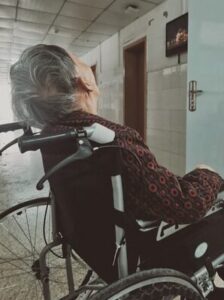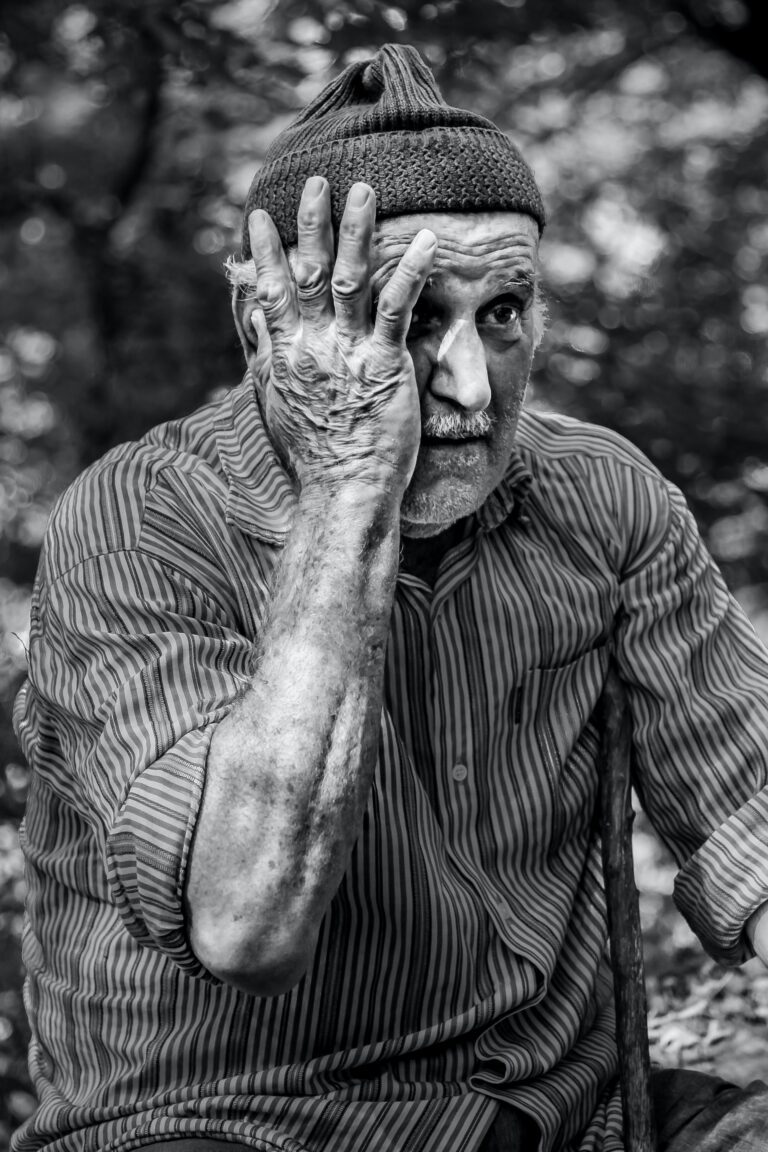Page Contents
Elder abuse is a deeply concerning issue that affects our ageing population. It encompasses a range of harmful actions towards older adults, including physical, emotional, sexual, and financial abuse, as well as neglect. The abuse can be caused by a family member, a friend, or staff in residential settings. This tragic problem is a violation of human rights and a serious public health concern worldwide.

Global trends and statistics
Elder abuse is a pervasive problem, and unfortunately, it often goes unnoticed and underreported. According to the World Health Organization (WHO), approximately 1 in 6 older adults experience some form of abuse globally. Furthermore, it is estimated that only 1 in 24 cases of elder abuse come to the attention of authorities, highlighting the significant issue of underreporting.
Why are elderly being abused?
Several factors contribute to the vulnerability of older adults to abuse:
- Social isolation
Seniors who are socially isolated are more susceptible to abuse, as they may lack a support system and have limited opportunities to report mistreatment. - Dependence on caregivers
Older adults who rely on caregivers for daily activities are at risk of abuse, particularly if the caregivers are untrained, overwhelmed, or under stress. - Mental health and cognitive issues
Elderly people with cognitive impairments or mental health conditions may be either violent or unable to protect themselves or communicate their mistreatment. - Financial vulnerability
Seniors with significant assets or savings may be targeted for financial exploitation, including their own family members.
Types of elder abuse
Elder abuse can manifest in many forms:
- Physical abuse
Infliction of pain or injury, including hitting, slapping, pushing, or inappropriate use of restraints. - Emotional / psychological abuse
Causing distress, anxiety, or fear through verbal or non-verbal acts, such as insults, shouting, humiliation, swearing, or intimidation.

- Sexual abuse
Non-consensual sexual contact or exploitation of an elderly person. e.g. rape, perversion, or molestation. - Financial / material abuse
Misuse or theft of an elder’s assets, property, funds, pensions, or other money. Outright theft, fraud, scams, and damage of possessions.
- Neglect
Failure to provide necessary care (unintentional or intentional), leading to harm or endangerment of the senior’s health and well-being. - Social / physical isolation
Abandonment or locking away in rooms. Preventing elderly person from meeting or talking to other people.

- Violation of rights
Withholding information, domination of elderly people to force certain decisions. - Self-abuse
Abuse of alcohol or other substances, inappropriate diet, failure to exercise personal care, self-harm.
Consequences of elder abuse
Elder abuse can have devastating effects on older adults, leading to both physical and psychological consequences:
- Physical injuries
Seniors may suffer from bruises, fractures, and other injuries, which can lead to complications and reduced quality of life. - Emotional trauma
Abuse can cause anxiety, depression, and a sense of helplessness, eroding the victim’s self-esteem and mental health. - Increased mortality
Elder abuse has been associated with higher mortality rates, making it a significant risk factor for premature death. - Financial ruin
Financial exploitation can leave seniors impoverished and struggling to meet their basic needs.

How to mitigate elder abuse
To overcome elder abuse, society must take proactive steps:
- Awareness and education
Promote public awareness about elder abuse and encourage reporting or whistleblowing by educating both the elderly and their caregivers about the signs and consequences of abuse. - Screening and training
Screen potential caregivers thoroughly and provide them with proper training in elder care and abuse prevention. - Empower seniors
Encourage older adults to stay socially connected and to participate in decision-making regarding their care and financial matters. - Strengthening legal protections
Advocate for stronger legal protections for vulnerable seniors and impose stringent penalties for abusers.
How to prevent elder abuse
Preventing elder abuse requires a multi-faceted approach:
- Supportive framework
Develop and expand support services for seniors, including helplines, community centres, and elder-friendly programs. - Reporting mechanisms
Establish easy-to-access reporting mechanisms for elder abuse cases and protect the identity of those who whistleblow or report.

- Collaboration
Foster collaboration between healthcare providers, law enforcement, social services, and community organisations to address elder abuse comprehensively. - Empowerment programs
Offer workshops and training programs to raise awareness and empower seniors to recognise, resist, and report abuse.
Conclusion
Elder abuse is a disturbing problem that demands urgent attention from society as a whole. By understanding the different types of abuse, their consequences, and the contributing factors, we can work towards preventing and mitigating elder abuse. It is essential for communities, governments, and individuals to come forward to protect our elderly population and ensure that their golden years are filled with respect, dignity, and safety. Together, we can build a society that cherishes and safeguards its seniors, ensuring they live a life free from fear and mistreatment.
